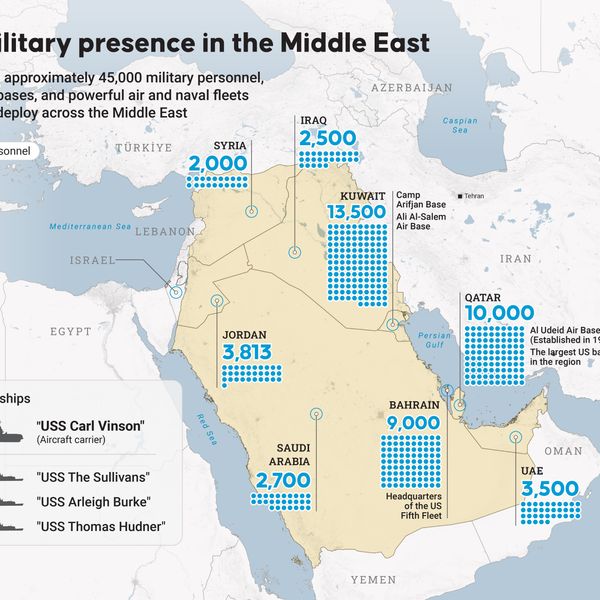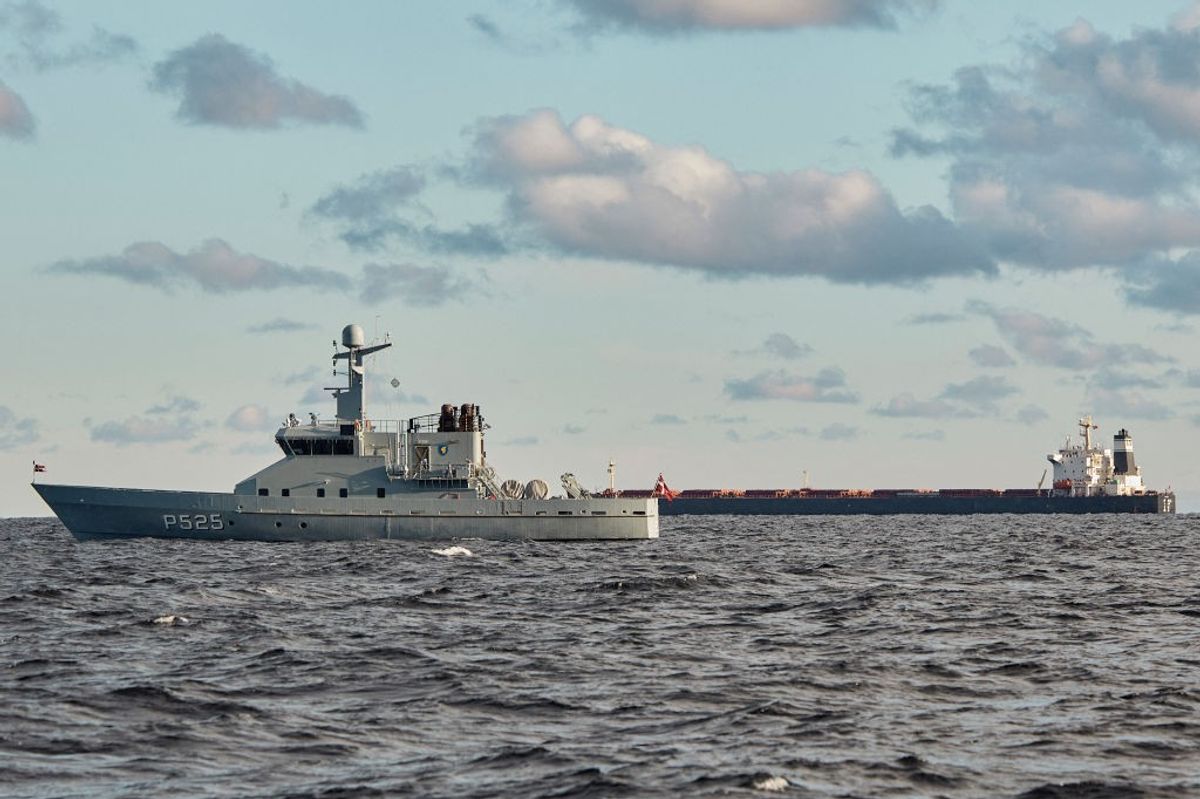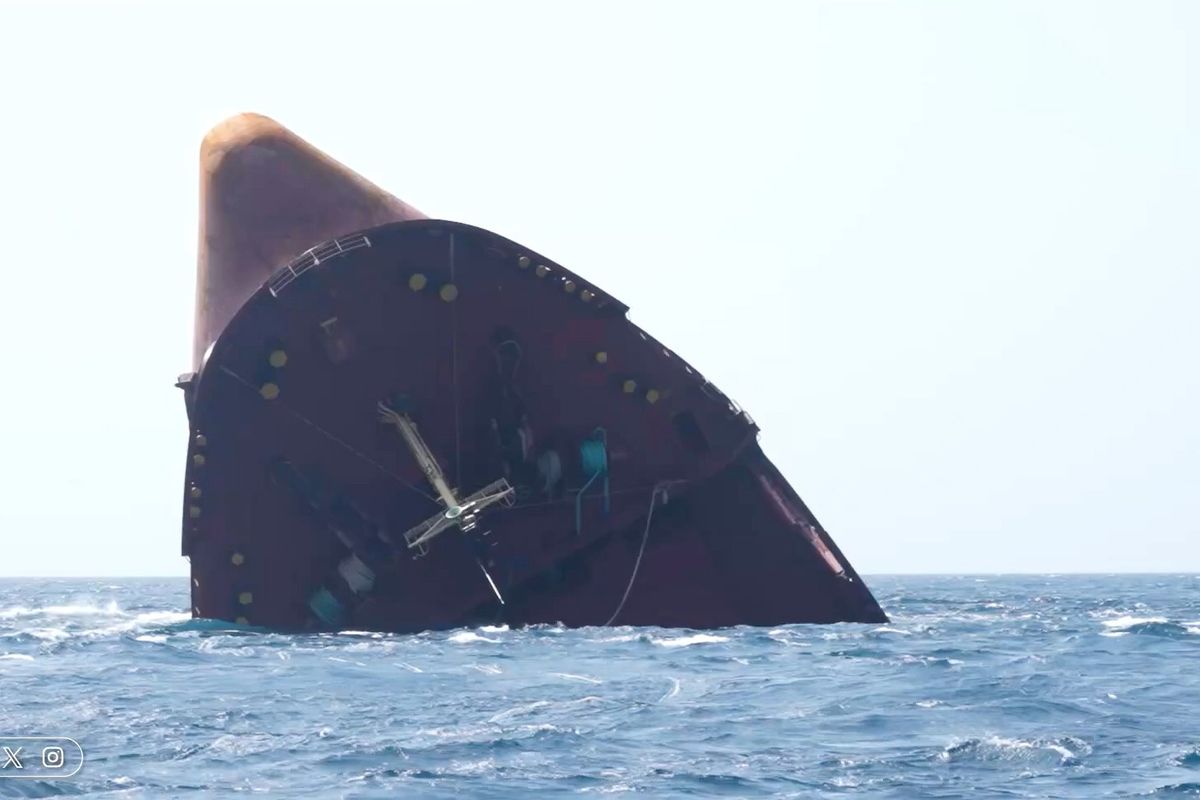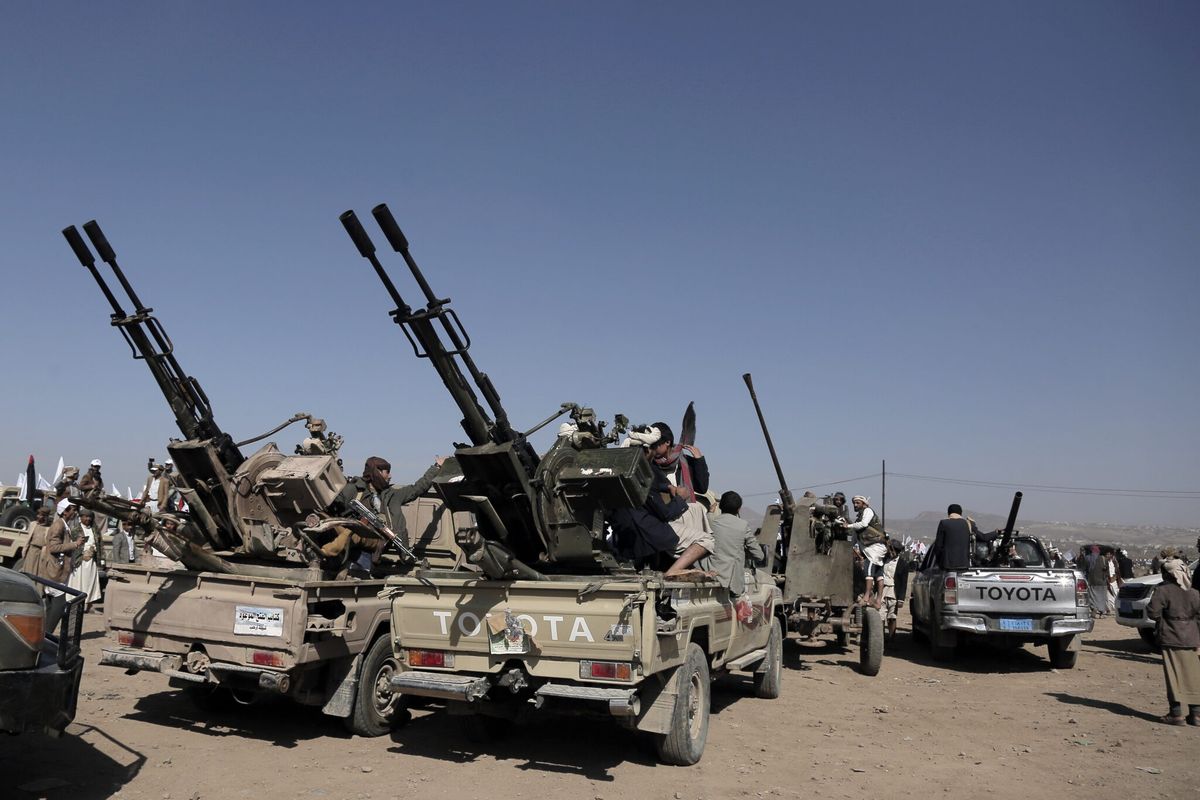OPINION / EXPERT PERSPECTIVE — It took two months of escalating attacks on commercial ships for the U.S. military to respond aggressively to the most sustained aerial assaults on global shipping since World War II. On New Year’s Eve, the U.S. Navy destroyed three Houthi vessels as they attempted to board and hijack a container ship at the southern end of the Red Sea.
In more than 100 attacks aimed at the strategic waterways, the Yemeni rebel group has disrupted a staggering 12 percent of the world’s shipping trade, causing prices on goods to rise to accommodate the delays, uncertainty, and danger. The missile and drone attacks that accompany the Houthis’ hijacking attempts are audacious and technologically advanced. This is especially striking, as Yemen is one of the poorest countries on Earth, ranking near the bottom of every measure of economic and social development.
Until this past week, however, Washington had refused to engage with Houthi forces directly, even as they threaten some of the most valuable ocean-going cargo vessels in the world. Instead, they have focused on shooting down the Houthis’ oncoming missiles and drones. By not targeting the launch teams on the ground, the U.S. Navy must intercept the Houthis’ cheap missiles (and even cheaper drones) in mid-flight, an expensive task with little margin of error. Having to dispatch the Houthis’ near-inexhaustible supply of comparatively low-tech Iranian missiles and drones with costly American ordinance makes these attacks a nearly cost-free proposition for the Yemeni group. A shift towards a more effective policy, if sustained, would be welcome.
It's not just for the President anymore. Cipher Brief Subscriber+Members have access to their own Open Source Daily Brief, keeping you up to date on global events impacting national security. It pays to be a Subscriber+Member.
The last two months have underscored that the Houthis are not a manageable group of local mischief-makers, but an international threat to be taken seriously. Since 2014, when the violence the group unleashed overthrew Yemen’s previous government and pushed the American diplomatic mission out of the country, multiple administrations have failed to stop its rise or moderate its behavior. As the civil war spilled across Yemen’s borders, the Houthis graduated from domestic Islamist gang into a militarily capable and increasingly reckless actor.
Even as the Houthis launched sophisticated missile and drone attacks against civilian and economic targets in the Gulf States from 2016-2022, the response from Washington was muted. The group’s growing capacity for violent adventurism—buttressed by its substantial support from Iran—was considered a regional problem for its neighbors, mainly in Saudi Arabia and the United Arab Emirates, to handle.
The Trump administration correctly added the Houthis to the U.S. terrorism list in 2020, citing its terrorist tactics against key American allies, as well as its emergence as the latest of Iran’s regional proxy armies. Very soon after taking office, however, the Biden administration removed the group’s terror designation, believing that doing so would moderate their behavior and convince the Houthis to agree to a permanent cease fire in Yemen’s near-endless civil war.
Despite some progress toward a peace deal, the Houthis chose escalation and conflict. In late November 2023, to try to coax the Houthis into stopping their recent wave of drone and missile barrages aimed at commercial shipping in the Red Sea, the White House publicly floated the possibility of re-designating the group. As we have seen, the threat failed to curb the Houthis’ behavior.
The Houthis’ expressed justification for their recent wave of attacks is solidarity with Hamas and the Palestinians in Gaza. Supported by Iran and Lebanese Hizballah, the group’s willingness to wade into the Israel-Hamas conflict is a violent virtue-signal, as only a few of the targeted ships have even a tangential relationship to Israel. Regardless, that belligerent rhetoric and the audacity of the Houthis’ behavior increases the group’s international and domestic prestige, allowing it to consolidate its power domestically and intimidate what opposition remains within Yemen.
Subscriber+Members have a higher level of access to Cipher Brief Expert Perspectives and get exclusive access to The Dead Drop, the best national security gossip publication, if we do say so ourselves. Find out what you’re missing. Upgrade your access to Subscriber+ now.
But the Houthis have grander ambitions than winning their civil war and committing ideologically driven piracy. While Yemen’s geographic distance makes it a less immediate threat to Israel’s security than Tehran’s more senior and capable regional terrorist proxies, Hamas or Hezbollah, the Houthis have launched ballistic missiles into space in failed attempts to hit Israeli territory, including its military and critical national infrastructure. With time and the continued financial and technological sponsorship of Iranian regime, the group will be able to cause more violent chaos.
And yet, as skilled as the tactical response of American naval personnel has been, it takes place in the absence of any coherent U.S. strategic response to address the Houthis fast-expanding threat. This lack of an effective American or sustained, international countermove allows the group to benefit every day their forces are allowed to carry out attacks on global shipping in the Red Sea.
The longer the attacks go on, the more the Houthis demonstrate their value as a proxy of Iran, allowing the group to gain more technological assistance and financial support from it. In return for this assistance, the Houthis will undoubtedly provide Tehran with valuable technical data on the tactics and procedures the U.S. Navy deploys to counter its drone and missile attacks.
While this benefits Tehran in a future military conflict with the United States, the Houthis’ strategic benefits to Iran are far more valuable. The Yemeni group has innovated something unique in the modern world: an extremist organization capable of and willing to threaten global trade—and to do so with some degree of deniability by the Iranian regime, however implausible.
Just as importantly, by successfully challenging the U.S. Navy at sea and putting it on the defensive, the Houthis and the Iranians feed the growing narrative in the Gulf States that Washington is a fading power, incapable of protecting its allies or deterring enemies, even opponents as comparatively insignificant as the Houthis.
It is no one’s interest to leave a group like the Houthis poised to interdict global shipping whenever they—or their Iranian senior partners—deem it in their interest to do so. Any response which does not materially diminish the Houthis’ missile and drone launch capabilities will leave Washington in the position of having to increasingly accommodate the group’s reckless and threatening behavior, all of which are likely to get worse as its capabilities increase and its military arsenal grows.
Pinprick attacks on Houthi positions would only give the international community a brief respite from the attacks on global shipping in the Red Sea because the problem would quickly reassert itself as the Houthis make good their losses with Tehran’s support. For their part, the Gulf States are understandably skeptical that a limited U.S. military campaign would only deter the Houthis temporarily, leaving them vulnerable to attack once the group has been resupplied by Iran and Washington returns to its policy of indifference.
The Biden administration should take this opportunity to reengage with the America’s critical regional and international partners to find a way to permanently diminish the military ability of the Houthi movement. As hard as achieving that goal is, what will be more difficult is to allow a North Korea-sized problem to develop along the Red Sea.
The Cipher Brief is committed to publishing a range of perspectives on national security issues submitted by deeply experienced national security professionals.
Opinions expressed are those of the author and do not represent the views or opinions of The Cipher Brief.
Have a perspective to share based on your experience in the national security field? Send it to Editor@thecipherbrief.com for publication consideration.
Read more expert-driven national security insights, perspective and analysis in The Cipher Brief















